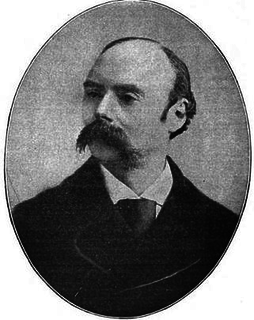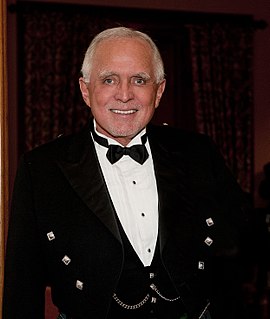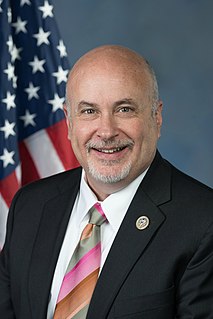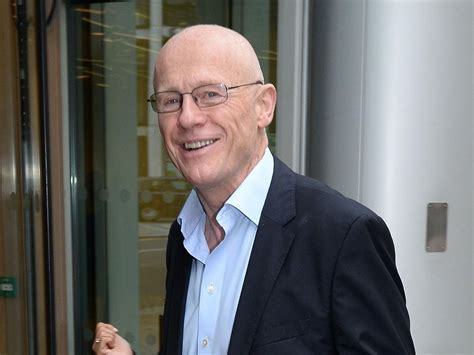A Quote by Robert Heller
No decision in business provides greater potential for the creation of wealth (or its destruction, come to think of it) than the choice of which innovation to back.
Related Quotes
We have a choice in Silicon Valley. We can either continue to exist as an island to ourselves, focused on wealth creation and innovation... or we can understand that we are in the middle of a software revolution and answer the nation's call to provide economic opportunity and technology to places left behind.
If you look across the economy, if you have multiple players in an industry, you have more customization, more innovation, greater choice for consumers. The more you have consolidation, the less likely you are to invest in innovation. It becomes all about driving down cost and mass production. And that's not good for innovation in an industry.
The changing styles are the expression of a restless search for something which shall commend itself to our aesthetic sense; but as each innovation is subject to the selective action of the norm of conspicuous waste, the range within which innovation can take place is somewhat restricted. The innovation must not only be more beautiful, or perhaps oftener less offensive, than that which it displaces, but it must also come up to the accepted standard of expensiveness.
As long as I can remember I feel I have had this great creative and spiritual force within me that is greater than faith, greater than ambition, greater than confidence, greater than determination, greater than vision. It is all these combined. My brain becomes magnetized with this dominating force which I hold in my hand.
Thinking is hard. Making value judgments is difficult. It places you at pure creation, because there are so many times you'll have to say, "I don't know. I just don't know." Yet still you'll have to decide. And so you'll have to choose. You'll have to make an arbitrary choice. Such a choice - a decision coming from no previous personal knowledge - is called pure creation. And the individual is aware, deeply aware, that in the making of such decisions is the Self created.


































